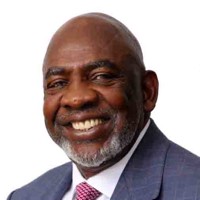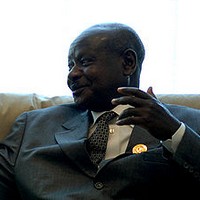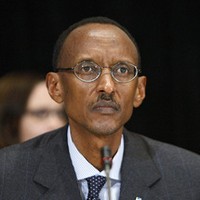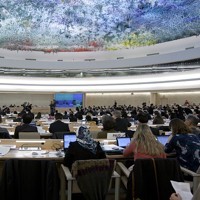
Delegations from India and Brazil toured South Africa’s defense industry in November to explore possibilities for defense cooperation among the three IBSA countries. In an email interview, Daniel Flemes, a researcher in the Institute of Latin American Studies at the German Institute of Global and Area Studies, discussed IBSA defense cooperation. WPR: What is the recent history of defense cooperation within IBSA in terms of defense industry collaboration and military-to-military cooperation? Daniel Flemes: As yet, most of IBSA’s ambitious agenda for defense cooperation has not been put into action. Increasing military personnel exchanges and joint exercises have been the most […]









